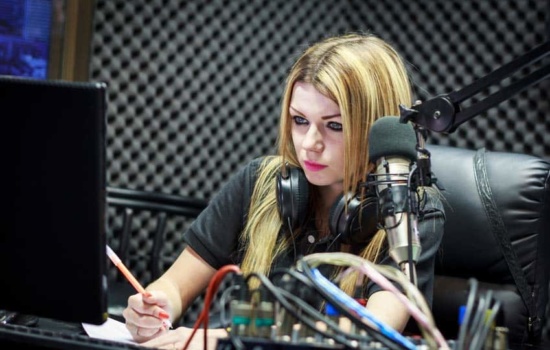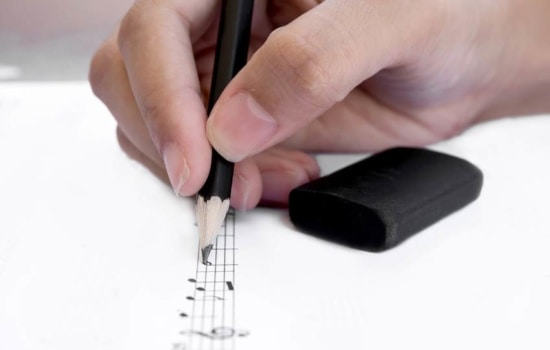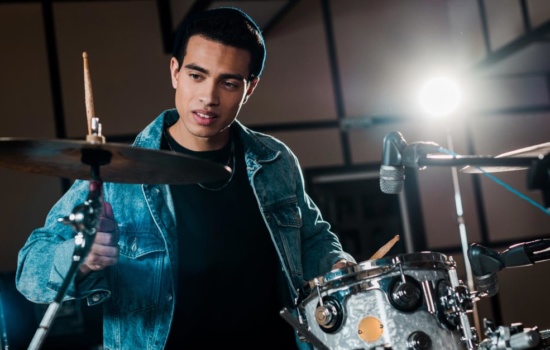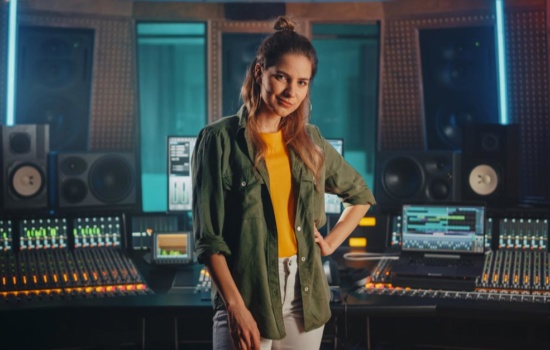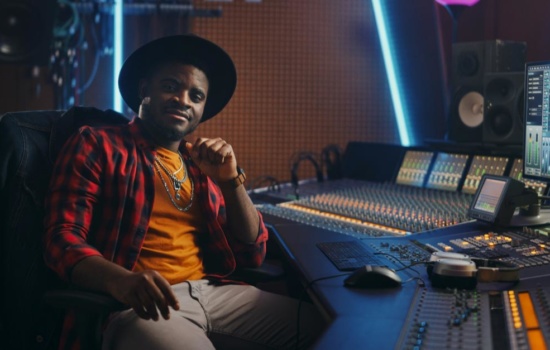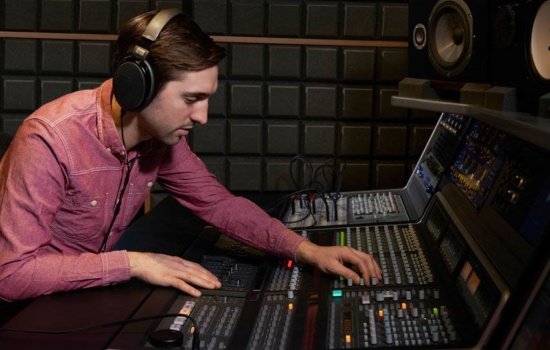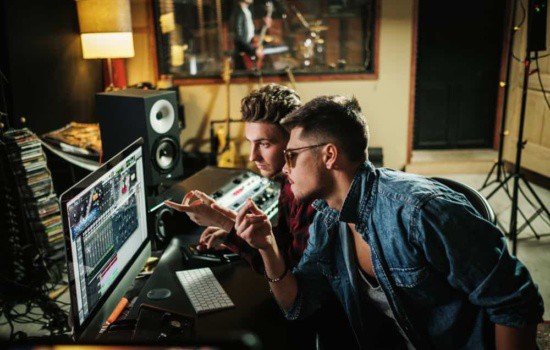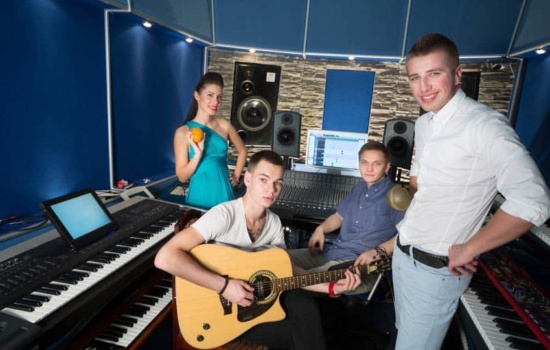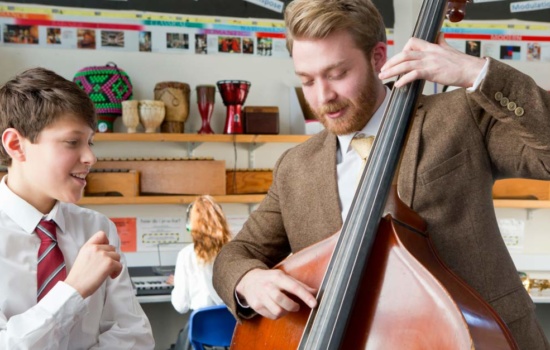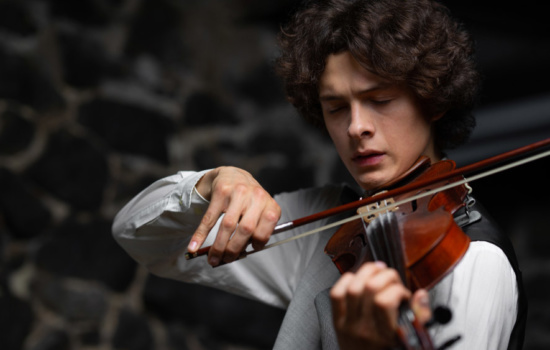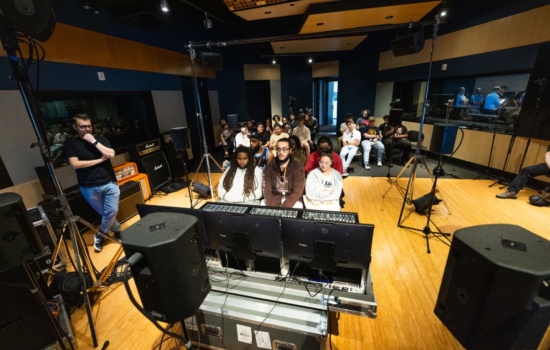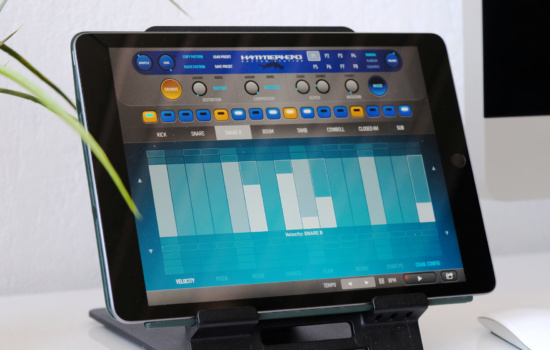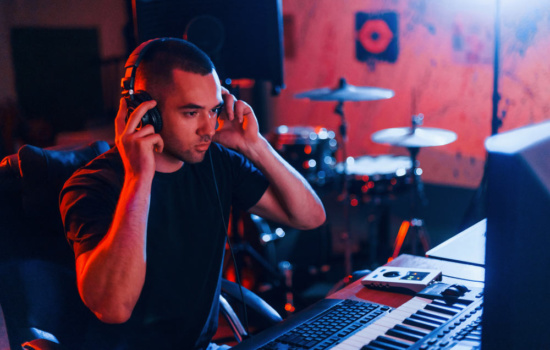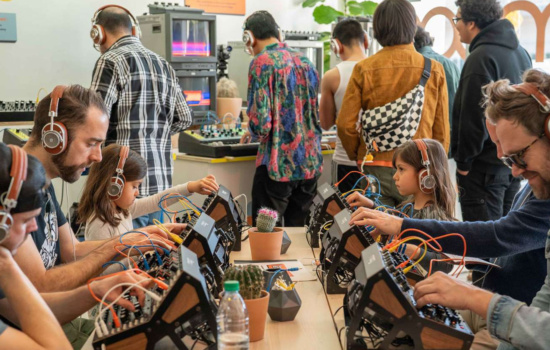If you simply can’t wait to be accepted to a college or you don’t want to wait for other types of production schools to begin classes, you can always just start playing around with music production software or DJ software and learn that way.
When you first start out, what programs you have isn’t the most important issue, but I’d still recommend beginning with one of the most common options. You’ll spend some time fiddling with everything and learning how sounds are made with a program you’ll likely end up using in a classroom (online or in-person) anyway.
This isn’t necessarily the best way to go about becoming a professional electronic musician, but it is a tried-and-true method, and you can’t argue with results. Many Producers and DJs who make their living from the dance music they create haven’t ever stepped foot inside a proper classroom as students.
Instead, they taught themselves, and if you read enough interviews with popular acts in the electronic space, you’ll begin to understand many of them played around in programs like Ableton, Logic, and the like until they knew what they were doing.
The upside to this first option is you’re going to need to spend a lot of time getting started in this fashion anyway, so why not do so before you pay money for expensive courses? If you’re brand new to electronic music production, you’ll need to dedicate hours, days, weeks, months, even, to figure out how everything is done and learning the ins and outs of several different computer programs.
A Teacher or a Professor will tell you to do the same, and you may find you don’t need to shell out all that money right away if you lock yourself away and just begin creating.
Sure, it will sound terrible at first, and it might be a long time before you can truly call what comes out of your fingertips “music,” but that’s how every musician using any instrument starts, so don’t feel bad!



